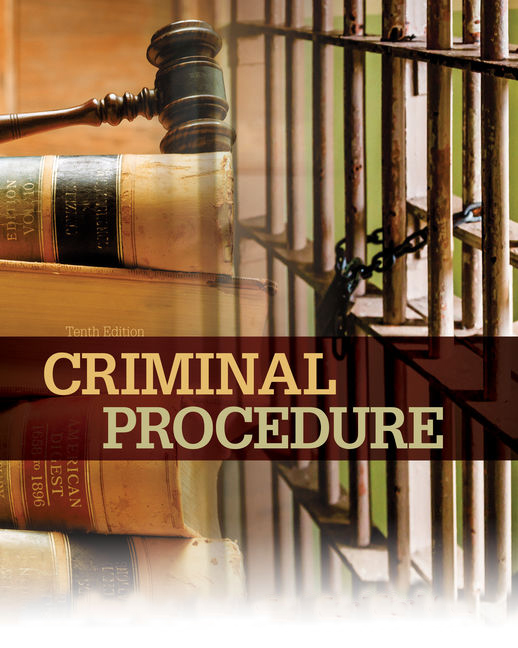Drug which is manufactured through heavy processing of trees are not forest produce under the Forest Act, 1927 : Bombay HC
TITLE : Fresenisu Kabi Oncology Ltd. V The State of Maharashtra
CORAM : Hon’ble Justice A.S Gadkari and Hon’ble Justice Shyam C. Chandak
DATE : 22nd December, 2023
CITATION : CrWP. No 667 of 2010
FACTS
The petitions are filed under Article 226 of the Constitution along with Section 482 of CrPC to set aside the criminal accusations on the petitioner. The accusations is related to theft of forest produce by the petitioners. The tree involved is Narkya found in the western Ghats and the theft complaint was lodged against 490 offenders for the offences punishable under the Wildlife Protection Act, 1972, The Indian Forest Act, 1927 and the Bombay Forest Rules, 1942. The main offenders were caught making chips of the tree of 1110 Kgs and Camptothecin which is used in the manufacturing of anti-cancer drugs by the petitioners unit. The seized Camptothecin was worth 44 Lakhs for 22 kgs.
It was argued that Camptothecin being the final product does not come under the ambit of “forest produce” as per the Forest Act. The respondents argued that the Camptothecin in question was made through illegal means and was stolen from the forest areas.
LAWS INVOLVED
Forest Produce as per the Forest Act, 1927 is defined as :
Section 2(4) “Forest-produce” includes—
(a) the following whether found in, or brought from, a forest or not, that is to say— timber, charcoal, caoutchouc, catechu, wood-oil, resin, natural varnish, bark, lac, mahua flowers, mahua seeds, 3 [kuth] and myrabolams, and
(b) the following when found in, or brought from a forest, that is to say—
(i) trees and leaves, flowers and fruits, and all other parts or produce not hereinbefore mentioned, of trees,
(ii) plants not being trees (including grass, creepers, reeds and moss), and all parts or produce of such plants,
(iii) wild animals and skins, tusks, horns, bones, silk, cocoons, honey and wax, and all other parts or produce of animals, and
(iv) peat, surface soil, rock and minerals (including lime-stone, laterite, mineral oils, and all products of mines or quarries
ISSUES
- Whether Camptothecin manufactured using stolen Narkya trees come under the ambit of forest produce as per the Forest Act, 1927
JUDGEMENT
The court analysed the factual procedure for manufacturing Camptothecin and stated that it is produce through various chemical process and during that process the chemical nature of the tree is permanently changed.
The court held that since the composition of camptothecin is completely changed and is not identifiable by the tree, it is not a forest produce. Further, it was held that There is no material against the Petitioners showing that before purchasing and till receiving said Camptothecin, they knew that it was derived/extracted from the chips of the stolen Narkya trees.
“PRIME LEGAL is a full-service law firm that has won a National Award and has more than 20 years of experience in an array of sectors and practice areas. Prime legal fall into a category of best law firm, best lawyer, best family lawyer, best divorce lawyer, best divorce law firm, best criminal lawyer, best criminal law firm, best consumer lawyer, best civil lawyer.”
Written by- Sanjana Ravichandran





